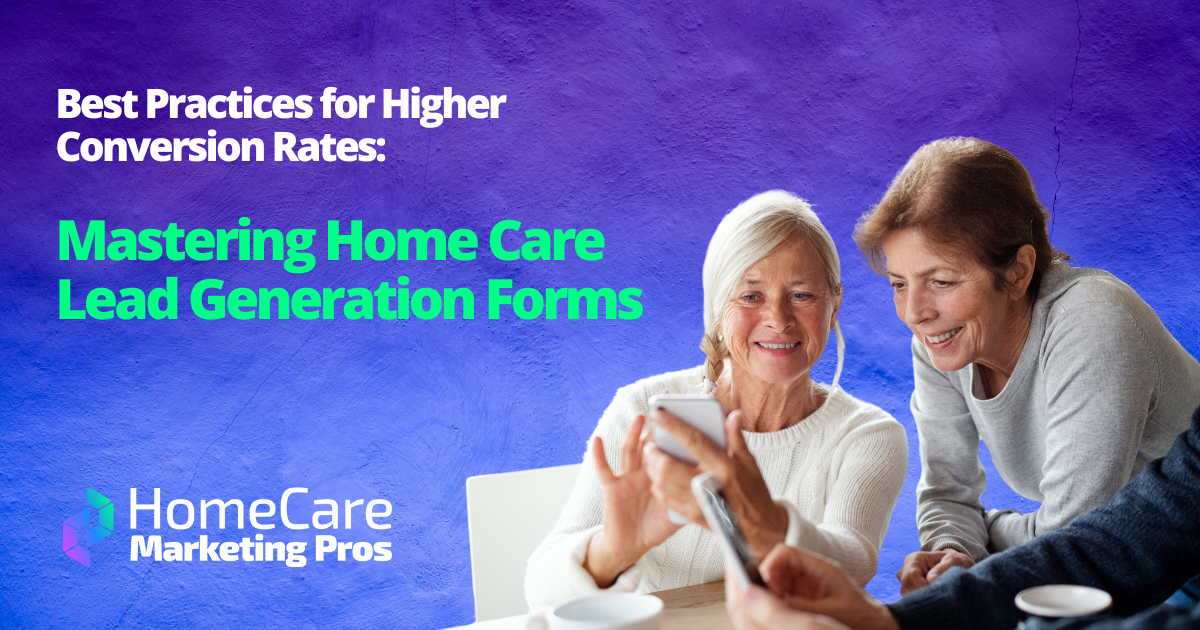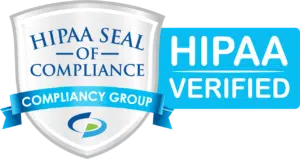Looking to improve client conversion rates? Successful home care agencies cover these topics in every single assessment!
Complimentary “client assessments” are pretty much standard operating procedure for most home care agencies.
They usually have two goals:
- Assessments are designed to educate clients and their families on home care services.
- They are focused on securing start-of-care (SOC).
Savvy agencies recognize the importance of presenting value during client assessments as a way of differentiating from the competition. It’s not enough to simply offer a “free, no-obligation meeting.” By going above-and-beyond, these companies provide better client education and also benefit from higher SOC conversion rates.
Here are the main topics that home care agencies should cover at every single assessment.
Value-Adds & Distinctions
Some elements of home care client assessments are similar across agencies, including the completion of a “care plan” and gathering of emergency contact information. However, companies should always be sure to highlight their unique value-adds and distinctions to successfully improve client conversion rates.
Home Safety
Does an agency lead a particularly-thorough safety inspection for all new clients? If so, they may want to really emphasize the importance of doing so by citing senior fall data and other relevant statistics. Many caregiver companies don’t conduct detailed safety assessments, so the value-add is worth acknowledging!
Disease-Specific Resources & Care Management
Perhaps a company has implemented specific care-duty protocols that cater to common client diagnoses like hypertension and diabetes. Or maybe they employ actual “care managers” who are more hands on than a typical agency “scheduler.” Something as simple as disease-specific cooking can even make the difference!
On-Call Availability
This may come as a surprise to many home care leaders, but not all agencies offer 24/7 availability. And some that claim to be available “around the clock” actually outsource their on-call to a third-party service. Representatives with companies that do have “true” 24/7 availability via in-house employees are wise to make the distinction.
Superior Hiring Practices & Caregiver Training
Home care industry professionals know company hiring and training practices vary significantly from agency to agency. Some do just enough vetting and credentialing to stay legally compliant while others strive to hire and train the best of the best.
Representatives should always use client assessments as opportunities to highlight their industry-leading HR practices. Savvy clients and family members know that agencies ultimately provide a human product and will appreciate the distinctions.
Flexible Billing & Payment Options
Accounting processes are not uniform among home care agencies—some bill bi-weekly while others bill monthly. Also, individual companies are happy to accept credit card payments, and others expect personal checks backed by large up-front deposits. Home care liaisons should be sure to make a note of any billing and payment policies that clients may perceive as helpful.
Awards & General Credibility
A final way home care agencies can demonstrate value to prospective clients during assessments is by sharing industry awards and other credit-bolstering documentation. “Best of” certificates and community honors are fair game. There’s even nothing wrong with creating printouts to pass around to attendees!
General Education
In addition to highlighting specific company service distinctions, agency representatives can further educate clients and improve SOC rates by addressing general caregiving-related concerns. These include the benefits of agency caregivers over private-hire aides.
Legal & Labor Considerations
Many prospective clients and family members are completely unaware of their potential legal and liability exposures when using caregiver services. Licensed, bonded and insured home care agencies tackle payroll taxes and workers’ compensation insurance requirements. But, people need to know the potential consequences of hiring aides under the table.
Caregiver Vetting & Private-Hire Risks
In addition to legal ramifications and labor laws, families and prospective clients should also know the dangers of directly hiring caregivers. Representatives should focus on the lack of initial vetting (background checks, references, etc.) as well as the potential for theft and elder abuse.
Agency Accountability & Back-Up Caregivers
Finally, home care liaisons should always point out the overall benefit of having third-party accountability over aides. They should ask if “Mom” really has the nerve to fire the unreliable but nice girl from her church. Representatives can also broach the subject of “call-offs” and point out that agencies always have replacement caregivers available.
Conclusion
The non-medical home care industry has matured considerably over the past couple of decades. Just like any established business sector, “best practices” have slowly emerged and gained broad adoption. Complimentary client assessments are one such standard.
However, that doesn’t mean all assessments are created equal. Some agencies view them as more of a formality before SOC. Others see assessments as critical opportunities to present further education and company distinctions. Wise home care agencies will embrace the latter approach!
If you’re a home care agency owner seeking a world-class digital marketing strategy, you should connect with our team at Home Care Marketing Pros.














